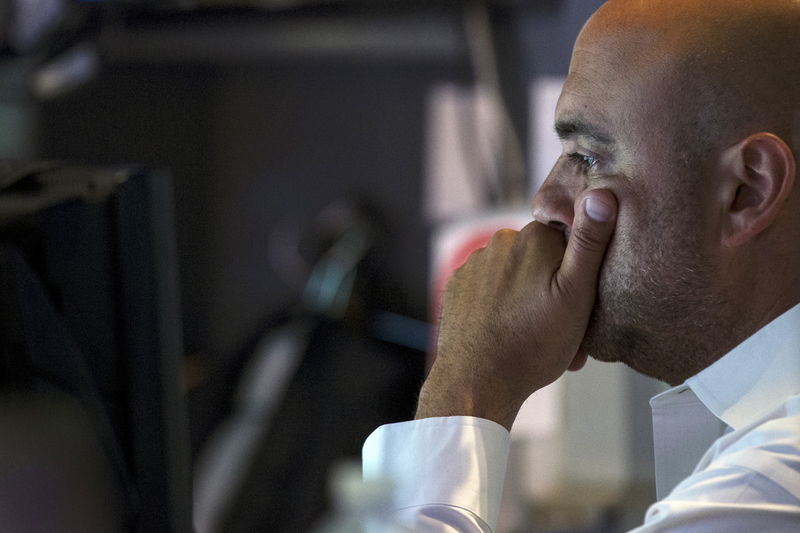In a perhaps surprising turn of events, new research from the Monash Business School has revealed the use of Artificial Intelligence (AI) in recruitment processes may reduce bias, rather than increase it.
Much has been made of the potential for heightened bias from AI-driven recruitment, but a first-of-its-kind study is challenging that understanding.
Department of Economics Professor Andreas Leibbrandt investigated how AI recruitment tools affect existing biases in recruitment, while also seeking to gain an understanding of job seekers' attitudes to the technology.
Interestingly, Professor Leibbrandt’s research indicates women on average believe AI recruitment tools reduce bias, while men fear it removes an advantage.
“People in minority groups have inferior market outcomes, they earn less, they have a harder time finding and keeping a job. It’s important to understand why that is the case so that we can identify and remove the barriers,” Professor Leibbrandt said.
Do AI assessment scores reduce gender bias?
In this study, Monash researchers looked at both applicant behaviour and recruiter bias in a dual-pronged study.
The first experiment invited 700 applicants to apply for a web designer position, which they were told would be assessed by either AI or a human.
“Women were significantly more likely to complete their applications when they knew AI would be involved, while men were less likely to apply,” Professor Leibbrandt said.
The second experiment tested the effect of AI tools on 500 tech recruiter’s decisions.
“We found that when recruiters knew the applicant’s gender, they consistently scored women lower than men. However, this bias completely disappeared when the applicant’s gender was hidden,” he said.
In another point in AI’s favour, when recruiters were given both the AI’s assessment score and the gender of the applicant, there was also no difference in scoring between the genders.
“This finding shows us they use AI as an aid and anchor – it helps remove the gender bias in assessment.”
Professor Leibbrandt said a crucial aspect of the study was that, in contrast to the vast majority of current research, it focused on the human interaction with AI, rather than the algorithm behind it.
“My research isn’t just about dismantling bias, it’s about building a future of work where everyone has the opportunity to thrive,” he said.
